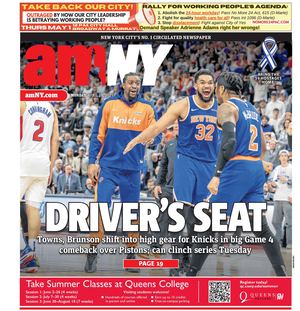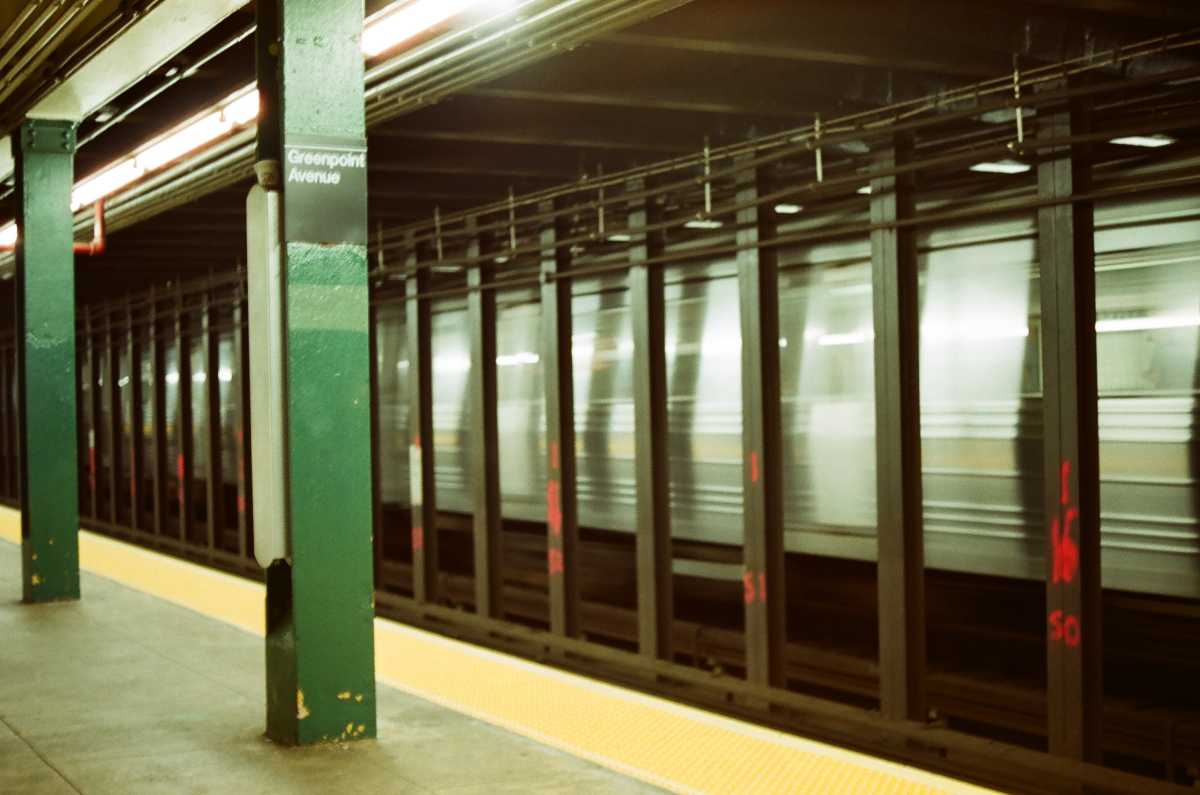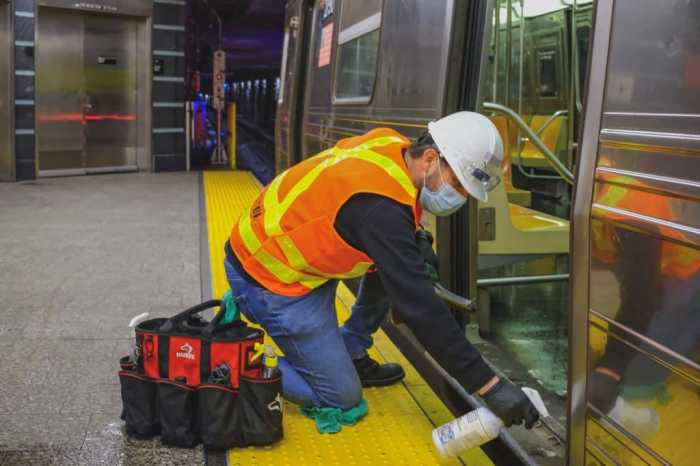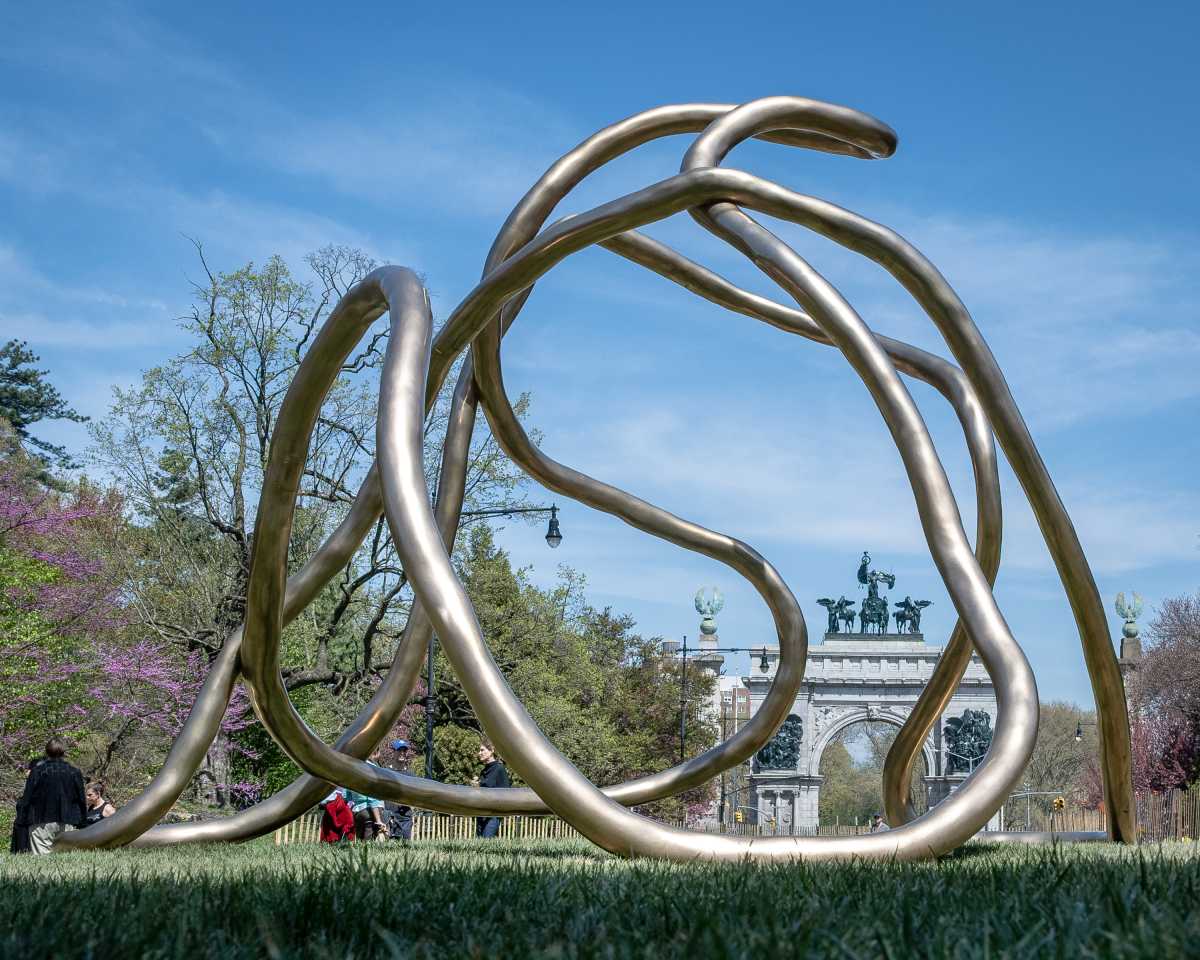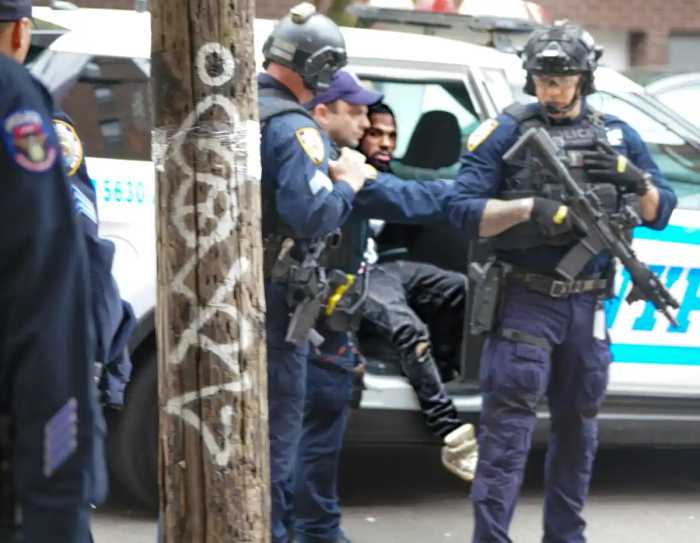As the HEROES Act, another COVID-19 economic relief bill, continues gathering dust in the Senate, the MTA is quickly running out of the $3.8 billion in federal relief it previously received — and is desperate for the aid promised in the stalled legislation.
MTA Chairman Pat Foye, in a Monday morning radio and TV appearance blitz, said that not even the recent boost in ridership — about 20% of what it was before COVID-19 hit — is not enough to provide adequate funding and pull them through July.
As New York City entered Phase II of reopening Monday, Foye was hopeful to see “hundreds of thousands” of riders return to public transit. Even so, the authority needs another funding infusion from Washington — namely $3.9 billion allocated in the HEROES Act.
“Pre-pandemic on any given weekday, we’d carry 5 million riders, so obviously we’ve got a lot of additional capacity,” Foye said on NY1. “Fortunately, we got $3.8 billion from the CARES Act passed two months ago, that will take us through July… If we get the $3.9 billion that is in the Heroes Act – that is dependent on the United States Senate – I think that will take us through the remainder of the year.”
But the revenue loss from COVID-19 averages about $500 million per month, he said, and with the New York City Transit alone being the largest mass transit system in the nation, it was hardest hit in the nation.
New projections from the MTA-hired firm McKinsey puts the agency’s overall losses at about $7 billion for 2020.
Even as ridership rebounds, the MTA is now running trains at 100% pre-pandemic level capacity, something that only waned during the height of New York’s curve on account of train crews calling out sick from either COVID-19 or exposure to the illness. This reduction in service was by about 30% and the only reductions right now are with 1 a.m. to 5 a.m. closure for cleaning.
As of Monday, the MTA still did not have a date or a timeline for overnight reopening. Foye says the agency will continue the overnight cleaning as long as coronavirus poses a threat to the health of riders. While there are no anticipated spikes in New York, other states are still struggling to balance suppressing the virus and keeping commerce open.
“[Overnight service will return] when the Governor and public health officials declare it to be over,” Foye said.
But on buses, the MTA had taken measures to accommodate a surge in ridership on the first day of Phase II in which more people will be able to get back to work, especially in Manhattan.
“Right now, we are operating, we had been operating about 75% of pre- pandemic bus service in Manhattan, that will now be 90%,” Foye said on WCBS880. “We’ve increased service on some of the crosstown buses and the M60 that goes to LaGuardia. So we are prepared.”
See a further breakdown of MTA losses from THE CITY.
